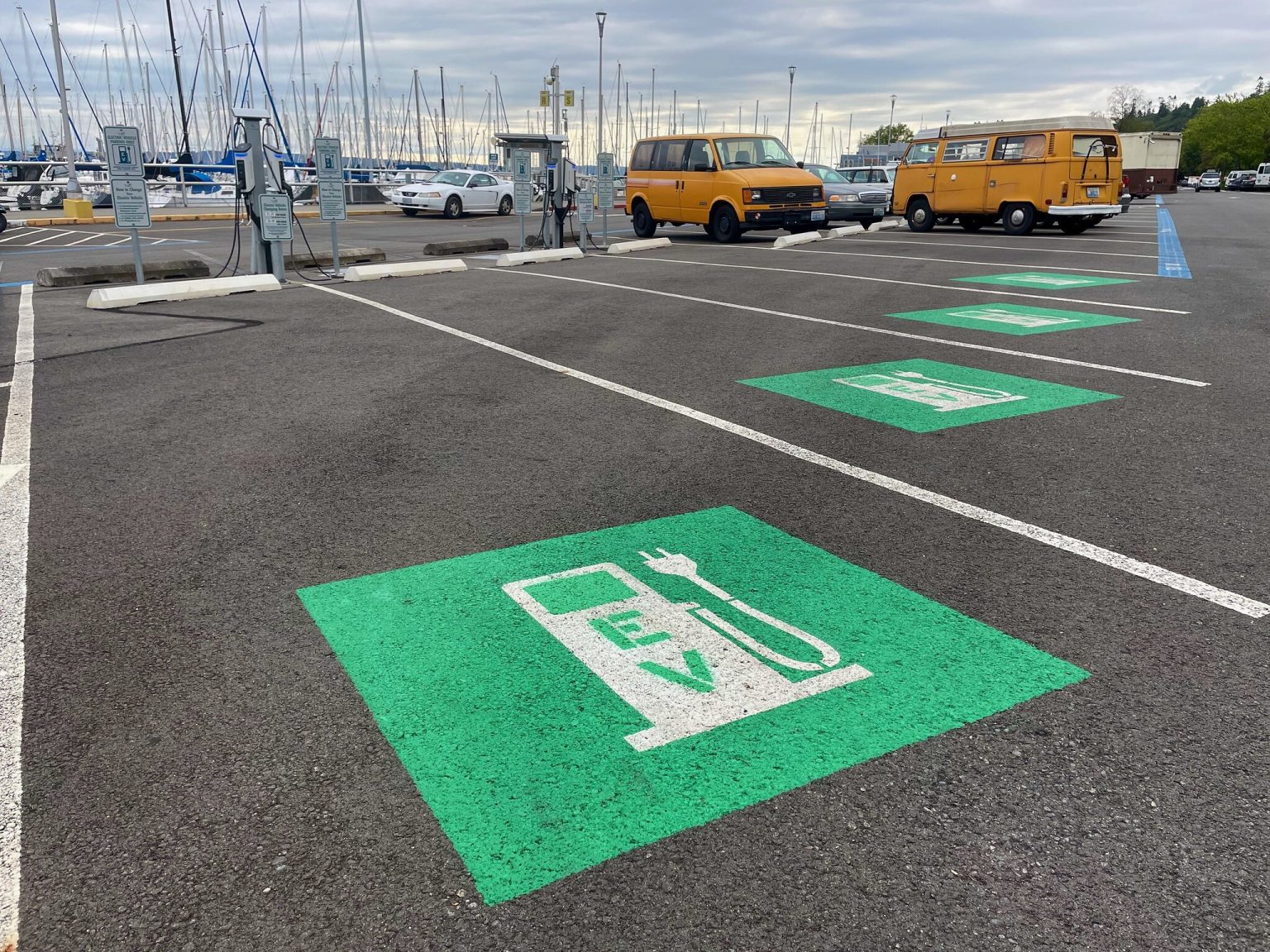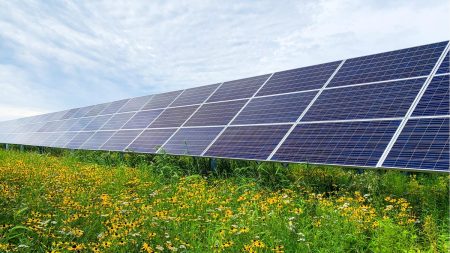Washington state is heavily invested in the fight against climate change, with tech giants Microsoft and Amazon setting ambitious carbon reduction targets and investing millions in clean energy solutions. The state is also home to numerous climate tech startups working on a variety of clean energy challenges. A new initiative on Washington’s ballot, Initiative 2117, threatens these efforts by seeking to eliminate regulations requiring large greenhouse gas emitters to pay for their pollution. The No on 2117 campaign, backed by Microsoft, Amazon, and other organizations, warns that the initiative could hinder the state’s climate technology sector and slow down decarbonization efforts across the regional economy.
Under Washington’s Climate Commitment Act, a cap-and-invest market was created, requiring oil refineries, utilities, and other major emitters to participate in auctions to bid on carbon pollution permits. The revenue generated from these auctions funds a variety of climate initiatives, such as clean energy programs, transportation infrastructure projects, and support for communities affected by climate change. Tech companies like Amazon and Microsoft are also benefiting from these expenditures, which are supporting job creation and the growth of climate tech companies working on decarbonization.
The central argument of the I-2117 campaign is that the Climate Commitment Act and carbon market amount to a gas tax, as the costs are passed on to consumers through higher gas prices. However, opponents argue that oil and gas companies, not consumers, should bear the cost of addressing global warming. Gas prices in Washington did increase following the initial carbon permit auction, but they fluctuate for multiple reasons, including seasonal trends and overall market conditions. The impact of the carbon policy on gas prices appears to be declining, with the state exploring opportunities to improve the efficiency and stability of its carbon market.
Initiative 2117 also includes a ban on future carbon cap systems, which concerns opponents who see these systems as vital for limiting greenhouse gas emissions. However, supporters of the initiative argue that the current market should be tested and that returning to the policy in the future could lead to further negative consequences for consumers. Independent research continues to highlight the urgent need to address climate change, with the global economic burden expected to increase significantly if action is not taken. Washington state’s leadership in clean energy initiatives and climate tech innovation highlights the importance of maintaining efforts to reduce carbon emissions and transition to a more sustainable economy.















